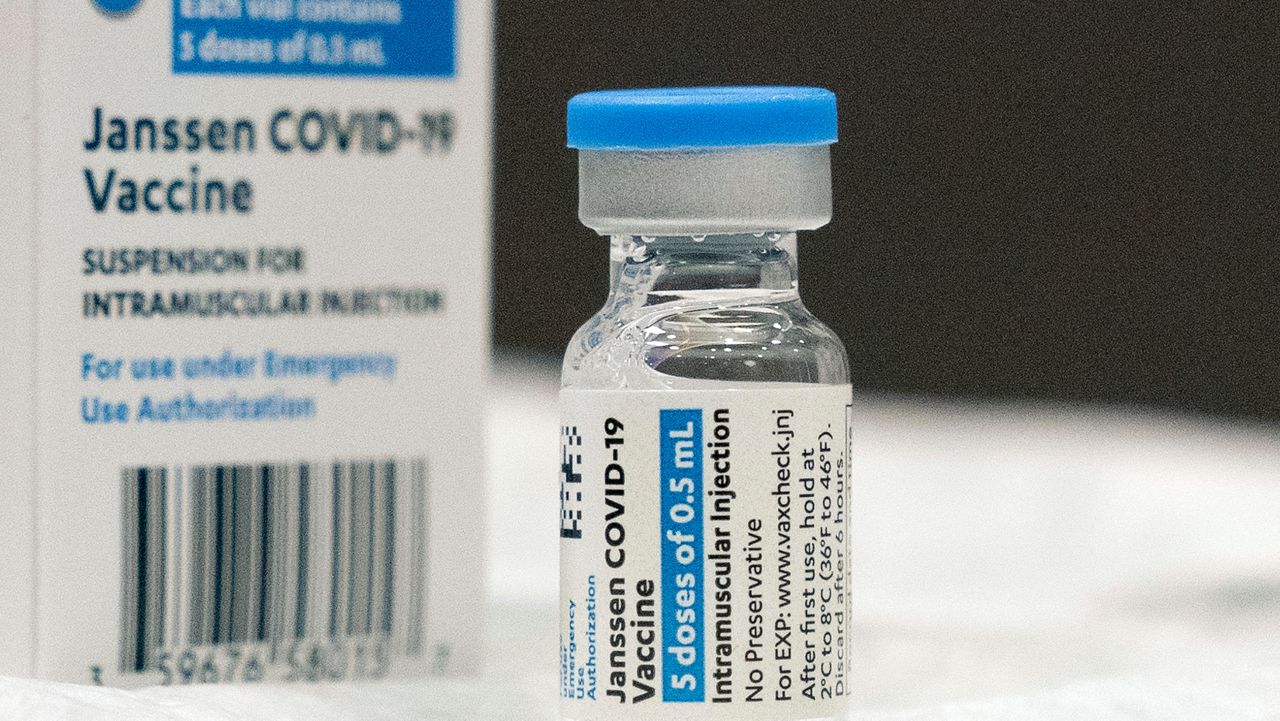The Food and Drug Administration on Wednesday authorized booster doses of the Moderna and Johnson & Johnson vaccines, as well as the mixing and matching of different vaccines for boosters.
“Today’s actions demonstrate our commitment to public health in proactively fighting against the COVID-19 pandemic,” Acting FDA Commissioner Janet Woodcock said in a statement.
“As the pandemic continues to impact the country, science has shown that vaccination continues to be the safest and most effective way to prevent COVID-19, including the most serious consequences of the disease, such as hospitalization and death. The available data suggest waning immunity in some populations who are fully vaccinated," Dr. Woodcock added. "The availability of these authorized boosters is important for continued protection against COVID-19 disease.”
Last week, researchers presented the findings of a federally funded study on mixing and matching to an FDA advisory panel. While the study has not yet been peer reviewed, it suggested that the process is safe and effective. Additionally, for those who were initially vaccinated with the single-shot Johnson & Johnson jab, the study found that a booster of one of the two mRNA vaccines (Pfizer-BioNTech or Moderna) increased protection substantially. While a booster dose of Johnson & Johnson provided a four-fold increase in antibodies, a booster of Pfizer saw a 35-fold increase in antibodies – and a Moderna booster raised antibodies by a factor of 76.
Allowing mixing and matching could alleviate supply issues, make the task of getting a booster simpler for Americans and allow people who may have had adverse reactions to the initial dose to try a different shot.
Nearly 11 million Americans have already received a booster dose of a COVID-19 vaccine, according to data from the CDC, with more than 9 million people receiving a third dose of Pfizer-BioNTech's shot.
But before more people roll up their sleeves, the Centers for Disease Control and Prevention will consult an expert panel later this week before finalizing official recommendations for who should get boosters and when.
The latest moves would expand by tens of millions the number of Americans eligible for boosters and formally allow “mixing and matching” of shots — making it simpler to get another dose, especially for people who had a side effect from one brand but still want the proven protection of vaccination.
"The amendments to the emergency use authorizations to include a single booster dose in eligible populations are based on the available data and information and follows the input from the members of our advisory committee who were supportive of the use of a booster dose of these vaccines in eligible populations,” said Peter Marks, director of the FDA’s Center for Biologics Evaluation and Research. “We are also taking action today to include the use of mix and match boosters to address this public health need."
Specifically, the FDA authorized a third Moderna shot for seniors and others at high risk from COVID-19 because of their health problems, jobs or living conditions — six months after their last shot.
One major change: Moderna’s booster will be half the dose that’s used for the first two shots, based on company data showing that was enough to bolster immunity.
For J&J’s single-shot vaccine, the FDA said all U.S. recipients should get a second dose at least two months following their initial vaccination.
The FDA rulings differ because the vaccines are made differently, with different dosing schedules — and the J&J vaccine has consistently shown a lower level of effectiveness than either of the two-shot Moderna and Pfizer vaccines.
This is a developing story. Check back later for further updates.
The Associated Press contributed to this report.



